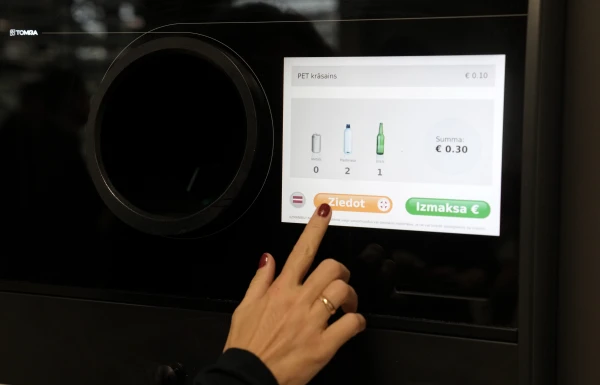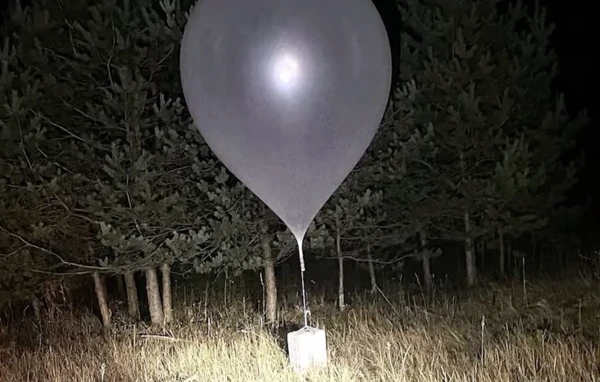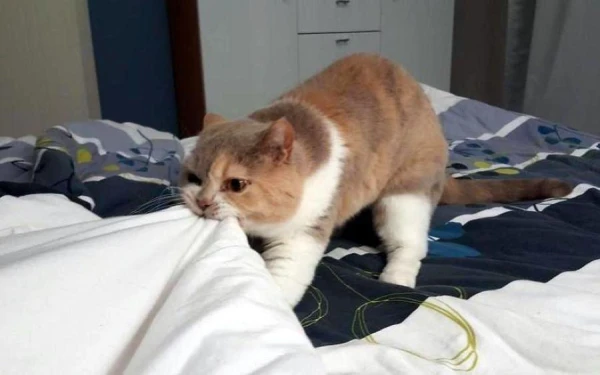
In the rhythm of big cities, sleep becomes a real luxury. We live in a flow of tasks, emotions, and ambitions, and it is at night that the nervous system gets a chance to reboot. Therefore, it is not surprising that today everyone is fascinated by various sleep trackers and rituals. But sometimes the reason for sleep deprivation or even insomnia is more obvious than it seems. Biophysicist Polina Belozerova explained what it is.
How Bite Disorders Are Related to Insomnia
Many will be surprised: the quality of sleep depends not only on lifestyle but also on how your jaws are structured. "Imagine: you have an ideal routine, exercise, proper nutrition — but your upper jaw is narrow or deformed. In this case, the tongue simply cannot take its healthy position on the palate — there isn’t enough space. At night, it falls back, obstructing the airways — and then snoring and apnea appear. Sleep is interrupted dozens of times, deep phases are shortened, and no trendy gadget can fix this because the cause lies in the anatomy itself," explains our expert.
There are cases when the lower jaw is shifted back — this is called a distal bite. In this case, the face appears "protruded," and a double chin develops even if there is no excess weight. Polina: "But what is more important is that the retracted jaw mechanically compresses the airways. Less oxygen reaches the brain, the body does not enter deep stages of sleep, which means it does not recover. As a result, a person seems to do everything right but wakes up feeling broken."
How Jaw Muscle Function Affects Sleep Quality
Even a slight misalignment of the jaws — just a millimeter — causes asymmetry in the body of up to a centimeter. This is how the lever law works, and this, in turn, affects the function of muscles and joints. The body tries to compensate for the imbalance, and fewer resources remain for recovery. Specialist: "For this reason, many wake up feeling tightness in the face or neck. At night, tension often "resets" itself in the form of bruxism — teeth grinding. Most people believe that this feature arises solely from stress, but in reality, nervous tension only exacerbates the muscle tightness caused by a misaligned bite."
Thus, a vicious circle forms: narrow jaw — apnea — chronic sleep deprivation — stress — even more jaw clenching — worsening insomnia. The autonomic nervous system works at its limit, and the body unlearns how to relax. This leads to persistent insomnia, even if you have an ideal routine and healthy habits.
What to Do to Improve Sleep Quality
Unfortunately, many, upon learning about the connection between bite and health, immediately get braces or aligners without detailed diagnostics. But these systems move not only the teeth — they change the shape of the skull bones. If treatment is done incorrectly, the jaws can become even narrower and take a position where breathing and cerebrospinal fluid circulation are disrupted. Today, this is a common problem that only worsens sleep.
"But there is good news. With the right strategy, everything changes. Functional devices, such as the Planas appliance, immediately position the jaws in a physiological position. They release muscle tightness, clear the airways, and give the tongue space on the palate. The body stops being tense, and the nervous system receives the signal: 'you can relax.' Patients often say that for the first time in many years, they sleep truly deeply," shares our expert.
According to Polina, she herself underwent treatment and slept 13 hours a day in the first month — her body needed quality recovery as if making up for lost time over decades. The rehabilitation specialist, neuropsychologist Artem Sergeev, described how this work went.
"When we started working with Polina, her body was in a state of constant wear and tear. Her reactions resembled those of a person who had not slept properly for several years: disrupted autonomic functions, chronic asthenia, despite her youth and healthy lifestyle. In standard cases, my job as a doctor is to relieve the acute condition and gradually lead the patient to stability. But here, everything was different," shared the specialist.
As a result, after two years of comprehensive treatment, Polina now has 2 hours of deep sleep per night instead of 20 minutes and chronic hypoxia. For the nervous system, this is a fundamental difference, and for life — a new level of energy and opportunities.
Thus, disorders in the structure of the maxillofacial system can hinder full breathing during sleep for years, provoke muscle tightness, and prevent the nervous system from fully recovering. A comprehensive approach is needed to solve the problem. Eliminating the deep-rooted cause not only restores the ability to sleep soundly but also initiates global positive changes in the body: the nervous system's function normalizes, energy increases, and overall quality of life improves.













